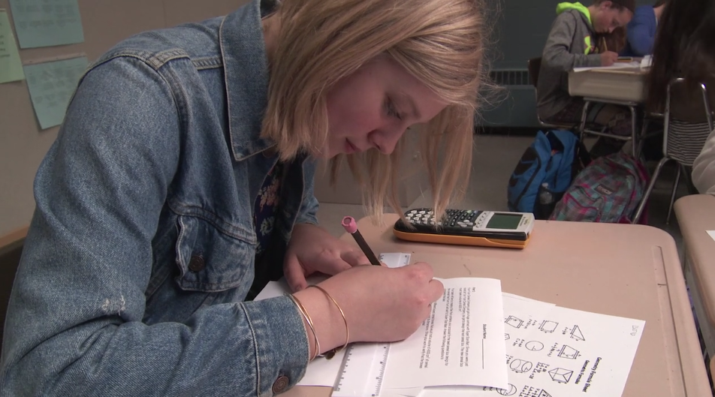Breakthrough Schools D.C. Round 3 Grantees
16 schools reimagining for more personalized and deeper learning ...

Educators are rethinking the purposes, forms, and nature of assessment. Beyond testing mastery of traditional content knowledge—an essential task, but not nearly sufficient—educators are designing assessment for learning as an integral part of the learning process.
Participating Schools:
Locations: Districts across New Hampshire, see below
Settings: Urban, Suburban, Rural, Rural Distant
Targeted Grades: K-12
Number of Participating Students: More than 2,000
Number of Participating Teachers: 100
Curriculum Areas: Intra- and/or Interpersonal Skills and Dispositions
The K-2 Team:
Christa McAuliffe School, Concord School District
D.J. Bakie Elementary School, Sanborn Regional School District
Memorial Elementary School, Sanborn Regional School District
Parker Varney Elementary School, City of Manchester School District
Maple Street Magnet School, Rochester School Department
National Center for the Improvement of Educational Assessment
The Student Exhibition Team:
Concord
Epping
Kearsarge
Lisbon
Londonderry
Manchester (four middle schools)
Monroe
Sanborn
Souhegan
Envision Learning Partners
This project represents New Hampshire’s movement from simply creating the conditions for personalized learning to intentionally focusing on the development of a personalized learning and assessment system for all students. Phase I: No Grades No Grades (NG2) focused on the environments where personalized learning can take place, specifically multi-age classrooms without traditional approaches to grading. This Assessment for Learning (ALP) Phase II: Next Generation Collaborative Learning Design Project refocuses our approach on curriculum, instruction, and performance assessments with the goal of shifting the roles and relationships of teachers and students to personalize and deepen learning. It also deliberately integrates NG2 with NH’s overarching innovative system of learning and assessment called Performance Assessment for Competency Education (PACE).
Next Generation Collaborative Learning Design is based on the concept that Marion and Shepard (2010) called “curricular ‘replacement’ units” or “assessment supports.” We will be working closely with teachers to identify opportunities for personalizing various aspects of curriculum and performance assessments in collaboration with students according to their needs, interests, and cultural backgrounds. This process, Collaborative Learning Design, closely connects formative processes and end-of-unit performance assessments with curriculum and instruction. Collaborative Learning Design includes a focus on Student Exhibition as a vehicle for engaging students in Work-Study Practices (WSP)—collaboration, communication, creativity, and self-direction—through authentic practice. Collaborative Learning Design combined with Student Exhibition explicitly connects competencies, WSP, curriculum, learning, and assessment while promoting reflection and student agency.